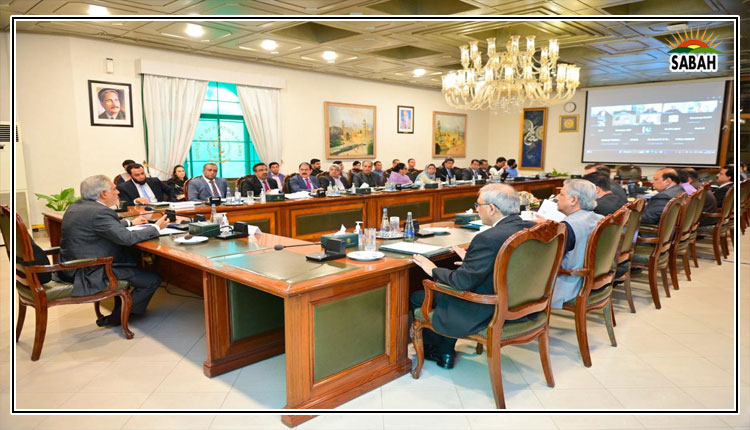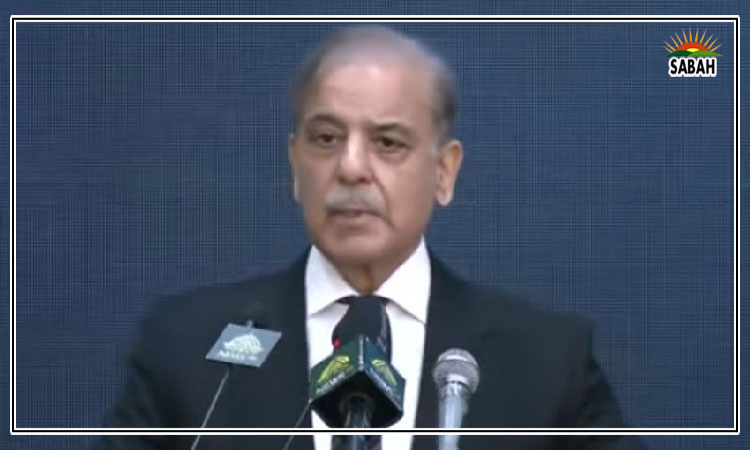The growing circular debt burden ….. Arshad H Abbasi
Pakistan is encountering a serious political and economic turmoil amid record inflation, chiefly due to the high cost of electricity to the extent that it is now challenging national sovereignty. The majority of Pakistanis pay their bills that are far higher than their monthly income. One major reason behind the hike in power tariff is the galloping circular debt in the power sector.
In 2006, the threat of circular debt intensified due to the criminal oversight of the national power regulator, Nepra. The main goal of Nepra’s creation was to provide a steady supply of electricity at a reasonable price, but it was also intended to address other issues facing the power industry, such as system losses, growing expenses, high tariffs and generation capacity constraints.
But Nepra has not only completely failed to meet its fundamental goals, it has also hugely troubled power consumers. Here is a summary of its misdoings.
In the year 2012, a roadmap was handed over to Nepra to reduce T&D losses. But after 12 years, Nepra has failed to act on the solution, and has instead shifted the load to consumers. In one big blunder, it granted the licence to thermal plants having low efficiency. When the efficiency of a plant is high, it consumes less gas, coal or oil and generate electricity at low cost. Awarding licences to less efficient plants that create enormous capacity payment is akin to committing a heinous crime.
Determining the electricity tariff, contingent upon the project’s cost, is the most crucial responsibility of any power regulator. The cost of solar, hydropower, wind and coal power plants was never scrutinised according to global rates. This is one of the reasons why the cost of electricity in Pakistan is too high.
Nepra has, since its inception, failed to conduct technical audits of independent power producers (IPPs). While the caretaker setup was in the saddle, the minister concerned had released a report on IPPs, which only addressed the capacity payment of the tariff, constituting only 30-40% of the total cost of electricity. There is always the need for a technical audit in order to know the real efficiency of a power plant versus the nameplate efficiency. Addressing the efficiency could save the hike in electricity cost. On the contrary, Nepra proudly allowed a utility to run a plant at 26% efficiency even though there are power plants in our country that remain under-utilised despite having more than 62% efficiency. If the amount of gas used had been shifted towards a more efficient plant, the cost of electricity would have been halved. This has a severe impact on the global environment too, as a low-efficient power plant emits more CO2 into the atmosphere.
Establishing an institution in Pakistan always means corporate standard buildings, marked by high salaries and benefits, luxury cars, latest laptops and cellphones, and complimentary amenities on a par with those of the best companies in Pakistan. Nepra’s best architecturally designed building in the capital city providing incredible views of the Margala hills offers a great work environment — something that is not even available to Nobel laureates. Despite this, Nepra only gives this unfortunate country a recipe for disaster. The nation is collapsing under the weight of circular debt while Nepra is proving to be a Nero for Pakistan.
Nepra continues to plan publicity events as the country searches for ways to arrest the circular debt and reduce the cost of electricity. Nepra’s yearly revenue in FY23 stood at Rs3 billion, but after unrestrained spending, that amount has dropped to Rs623 million.
Nepra continues to issue new generation licences at a time when the country already has over-installed capacity and consumption is constantly decreasing. Nepra seems ignorant of the fact that consumers have been shifting towards home-based solar power system — something that is piling up enormous capacity payments.
The primary reason behind Nepra’s non-performance relates to the process of choosing the Chairman and members. Since the very inception, the requirements for choosing the Chairman have been altered by an Act to suit the preferred candidate, disregarding the significant impact it has on the national economy.
In order to promote transparency and fairness, there is the need to make use of Artificial Intelligence in the businesses of all power regulators.
Nepra’s ageing policies are severely harming Pakistan — the fifth-most populous country of the world and also a nuclear-power. The IMF, whose mission is currently on a visit to Pakistan to conduct the Second Review of the $3 billion Stand-by Arrangement, should strongly call for revamping Nepra. That the growing circular debt burden will have serious financial repercussions goes without saying.
Courtesy The Express Tribune, March 19th, 2024.












